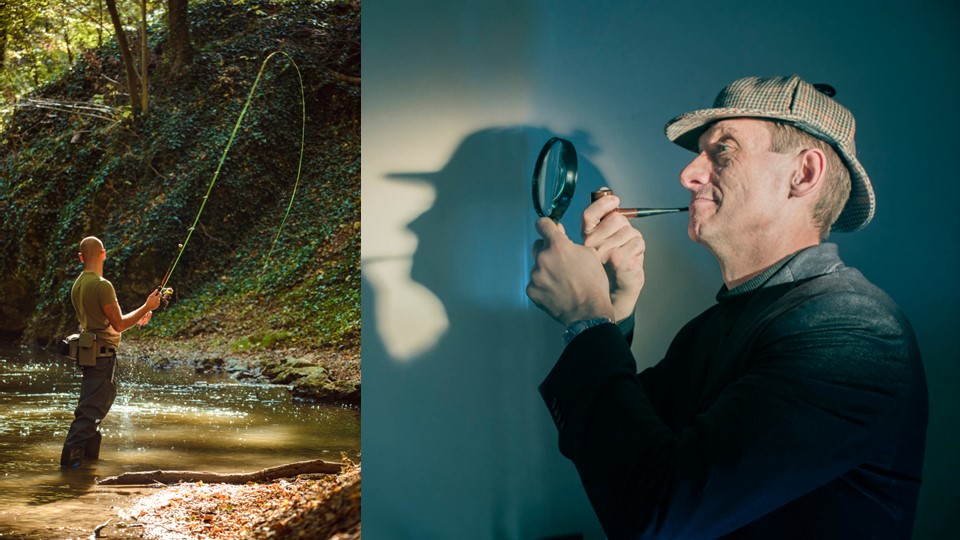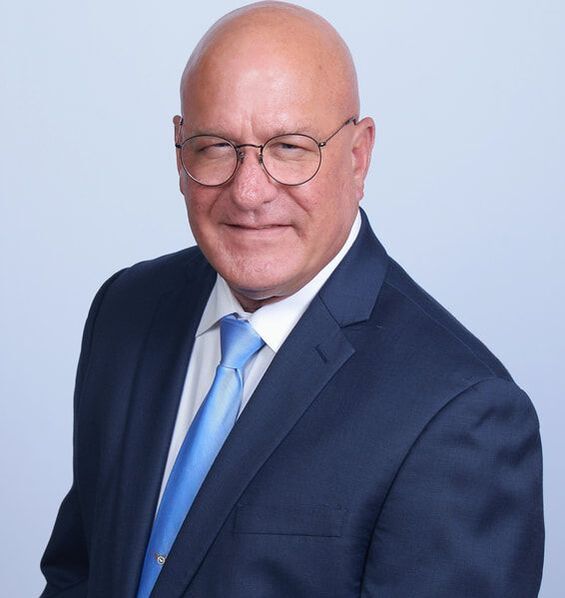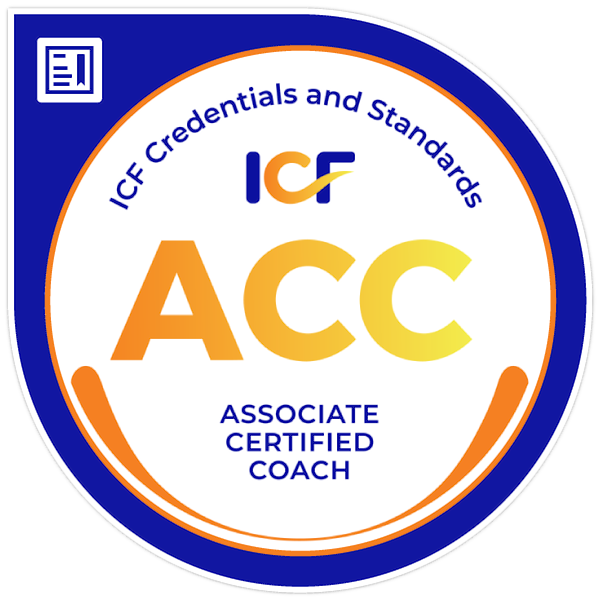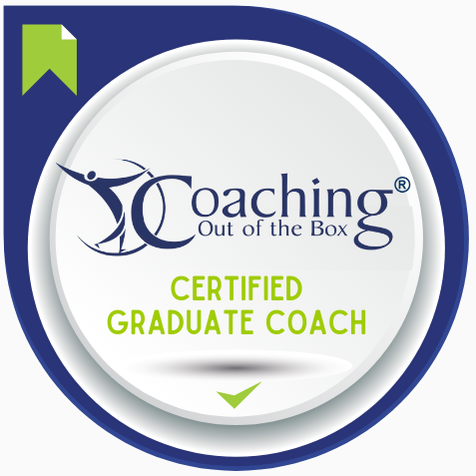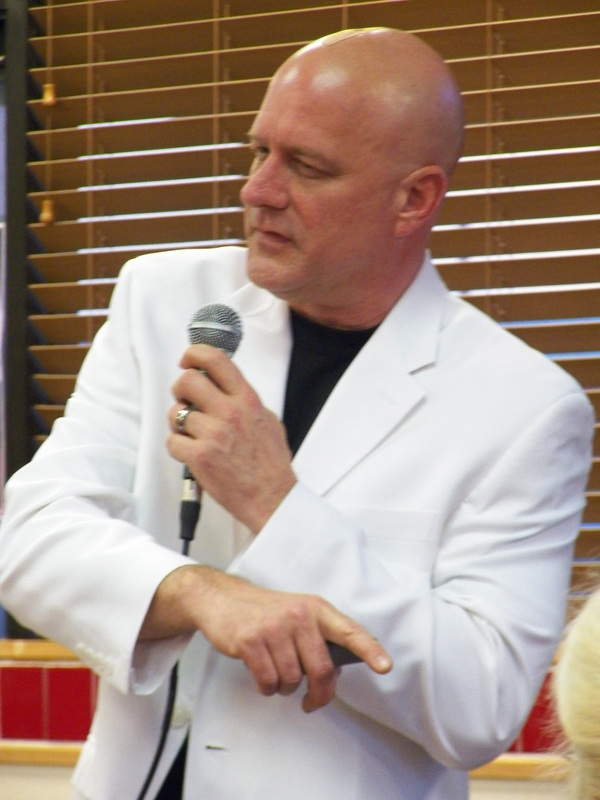|
If you missed last week's blog, Empathic Listening Lesson #1: Silence, you may want to read that before exploring lessons two and three. O divine Master, grant that I may not so much seek FROM THE PRAYER OF ST. FRANCIS We continue our exploration of the art of listening and how to leverage its transformative power in our personal and professional lives. To that effect, I want to back up just a bit. I want to say that while empathic listening can be used any time, it is best reserved for times when someone is emotionally charged (positive or negative) and/or when the subject matter is deeply important to the individual. While we most often associate empathic listening with negative issues, feelings, and experiences, you can absolutely celebrate something wonderful someone has experienced using empathic or active listening techniques. We learned last week that silence is the foundation of empathic listening and curiosity just might be the first brick to lay on that foundation. So with that in mind, how do I even start an empathic conversation with someone? Empathic Listening Lesson #2: Casting the Bait Some people are secretly and quietly (maybe even desperately), wanting someone to talk to about an issue. Others are not. If you have suspicions or outright evidence that someone might need someone to talk to and truly listen to them, we start with curiosity by casting the bait. We start with noticing. Start by saying or asking something like:
Opening up by casting the bait demonstrates dignity and respect for someone. We aren't assuming anything. We approach with curiosity and sensitivity for the other. We are creating a potential sacred space for them, if they want it. If they take the bait and want to talk, they will. If not, we respect that and say something like, “My door is always open if you change your mind.” The greatest problem with communication is we don’t listen to understand. We listen to reply. When we listen with curiosity, we don’t listen with the intent to reply. We listen for what’s behind the words. ROY T. BENNETT 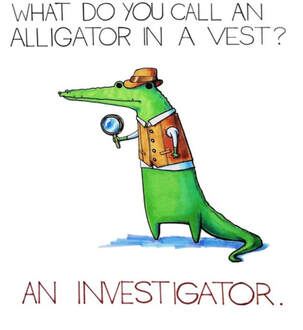 Empathic Listening Lesson #3: Get the Story Dr. Stephen Covey famously said "Diagnose before you prescribe." Every single profession that involves any type of problem-solving—law, medicine, sales, etc.—without exception, always first seeks to understand before taking any action. Understanding always precedes judgement. Lawyers go through a discovery process, which often includes building the opposing arguments case, too. Doctors examine, test, and diagnose before they prescribe drugs or treatment. Educators often do pre-assessment testing before teaching. Most people don't listen to understand. They listen to reply or to influence or get their way. So like we said last week, when we actively listen, not only must we be curious, we have to be silent. Not just physically silent, but quiet our mind, our judgements, and any urge to reply with our own stories, too. So, we become like an investigative reporter and try to get the story. And what do good investigative reporters do? They ask questions and then shut up and let the person talk. Some general guidelines as you start an empathic conversation:
Avoid "Why?" questions. Why avoid why questions? What word starts the answer to almost every 'why' question? Because. And the word because is a defense and the last thing we want someone to do during active listening is to become defensive. Defensiveness is the first stage of anxiety, anger, and crisis. Use the 7-Second Rule after asking a question. Wait for seven seconds before saying or asking anything else. Instead, try something like, “I can’t hear what you’re thinking.” Use “Really?” “Uh-huh…” “I see…” “Hmmm..” often. As they speak, let go of your own thoughts, what you would do, how it would make you feel, etc. Dig deep into what happened and how that was for them. Avoid the temptation to share your “Bigger Fish” story and don't offer possible solutions or give advice. Use open-ended questions to further discussion and exploration. Closed-ended (yes/no) questions tend to close down discussion. For every level of volume the person goes up, step down your volume one level. Ask questions that help them gain perspective. After key statements or conclusions, it's okay to use paraphrasing or even repeating back what someone has said and then pausing to see how it lands. Avoid and be wary of saying exaggerating words like must, should, always, and never. And when someone else uses them, consider just mirroring back the single exaggerating word in the form of a question. For example:
When we integrate these strategies into our active or empathic listening conversations, we create a safe and sacred space for both people; one where someone can truly share without judgement, advice, or having it contaminated by someone else's story. Just remember, it's not about the nail. NEXT WEEK: Empathic Listening, Lessons Four, Five, & Six Have an amazing journey today! Alan Mikolaj is a seasoned coach and leadership development consultant with nearly 20 years of experience. He is passionate about helping leaders transform their leadership, their teams, and their organizations. He has an impactful, professional approach driven by a passion for meaning and purpose, a growth mindset, and a commitment to excellence and service in order to drive change and results. Alan holds his Master of Arts in Clinical Psychology and Associate Certified Coach credential with the International Coaching Federation (ICF) and maintains their ethics and standards of behavior, including the standards regarding confidentiality. You can learn more about them on the ICF website. Transformational change starts with a conversation! Alan is on a mission to partner with like-minded leaders who want to make a positive difference in the world. Schedule your free, one-hour session by clicking here: Discovery Conversation with Alan Or call or email: Contact Page
0 Comments
Leave a Reply. |
Alan Mikolaj
Alan Mikolaj is a a professional, experienced, positive, and passionate speaker, leadership and organizational development consultant, change agent, author, and coach. He holds his Master of Arts degree in Clinical Psychology from Sam Houston State University. He is a certified graduate coach from Coaching Out of the Box and holds his ACC and membership with the International Coaching Federation (ICF). Free Discovery Conversation!
Impactful change starts with a conversation! Schedule your free, one-hour session by clicking here: Discovery Conversation with Alan
Or call or email: Contact Page In his third book, A Travel Guide to Leadership, Alan offers you simple, fundamental, and powerful lessons that have the power to transform you, your relationships, and your career.
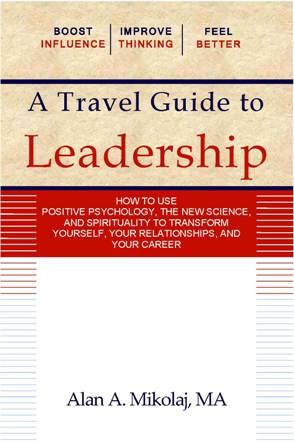
Blog Archives
July 2024

Linked2Leadership
Ranked #1 Business Blog! |
|
CONTACT
TEL: 346-291-0216 EMAIL: [email protected] SCHEDULE TIME WITH ALAN Free Discovery Conversation with Alan |

